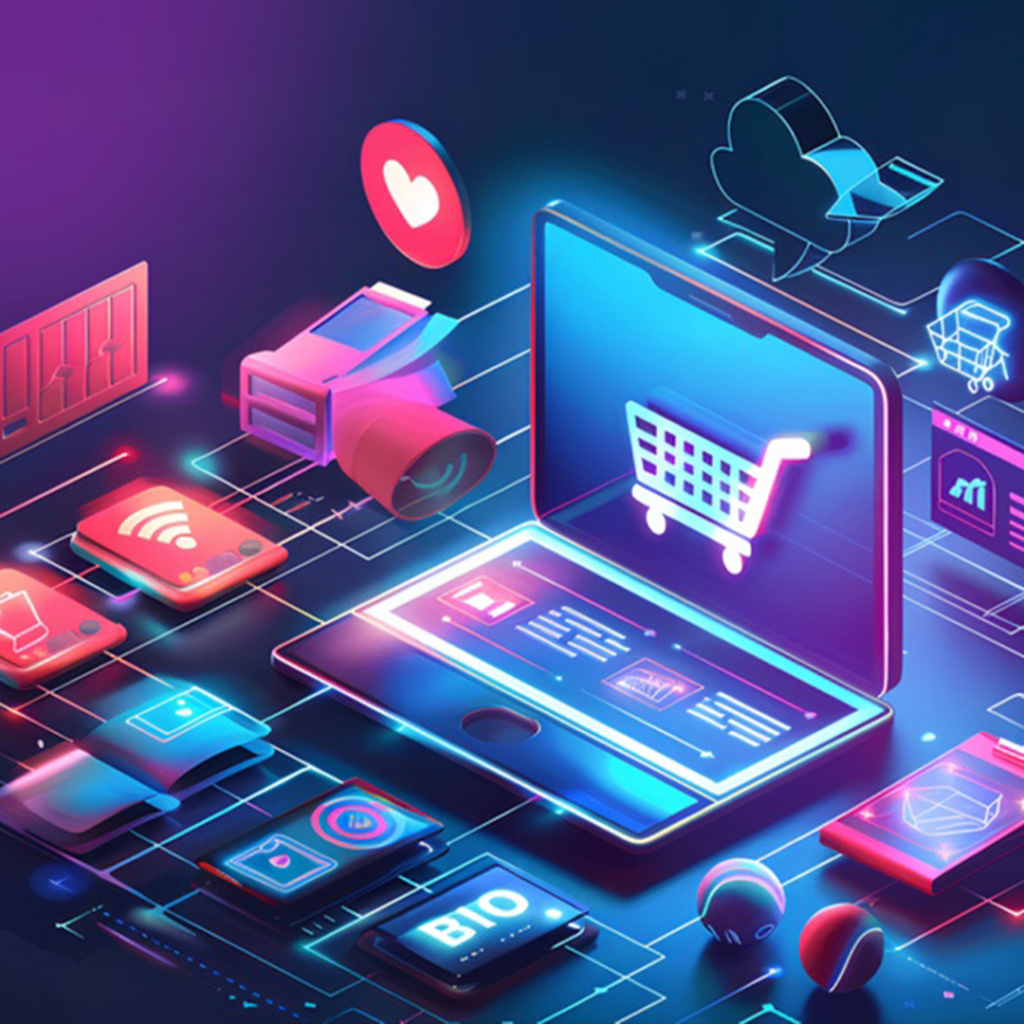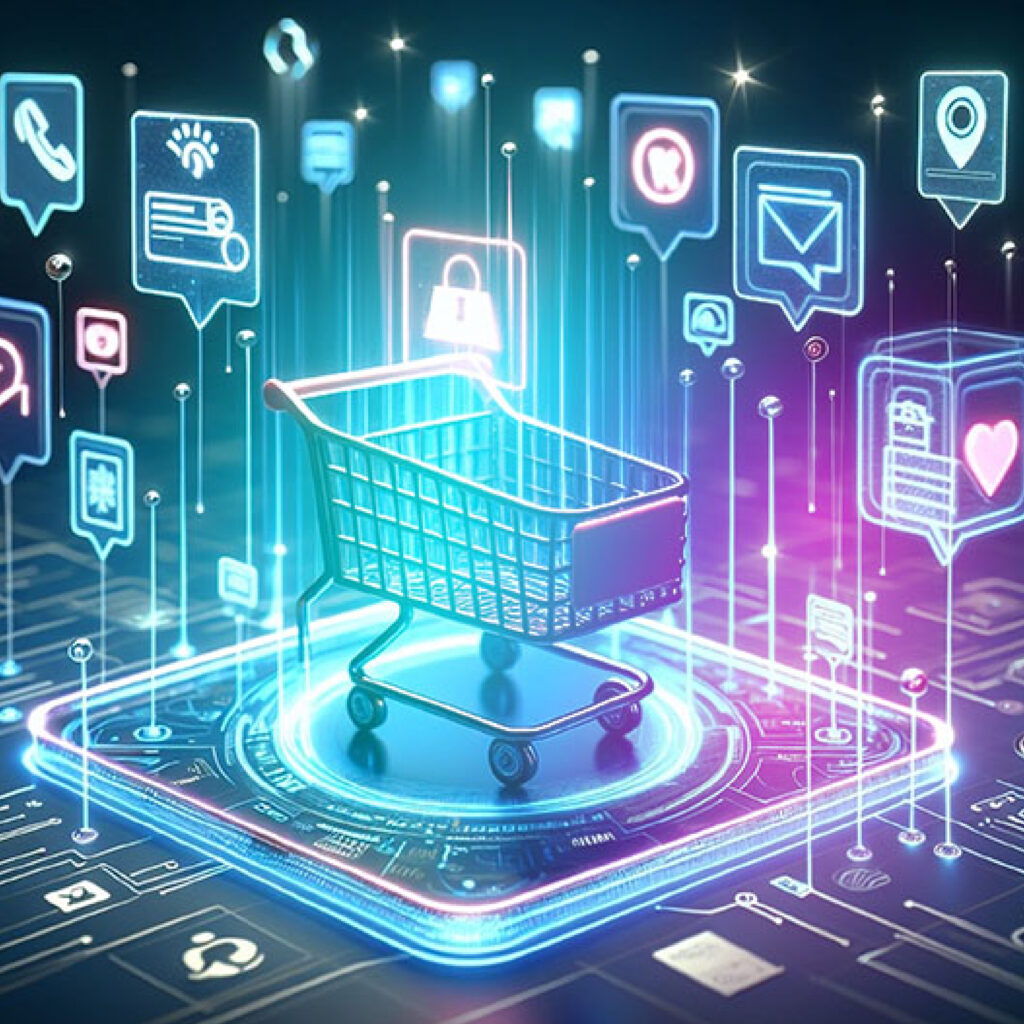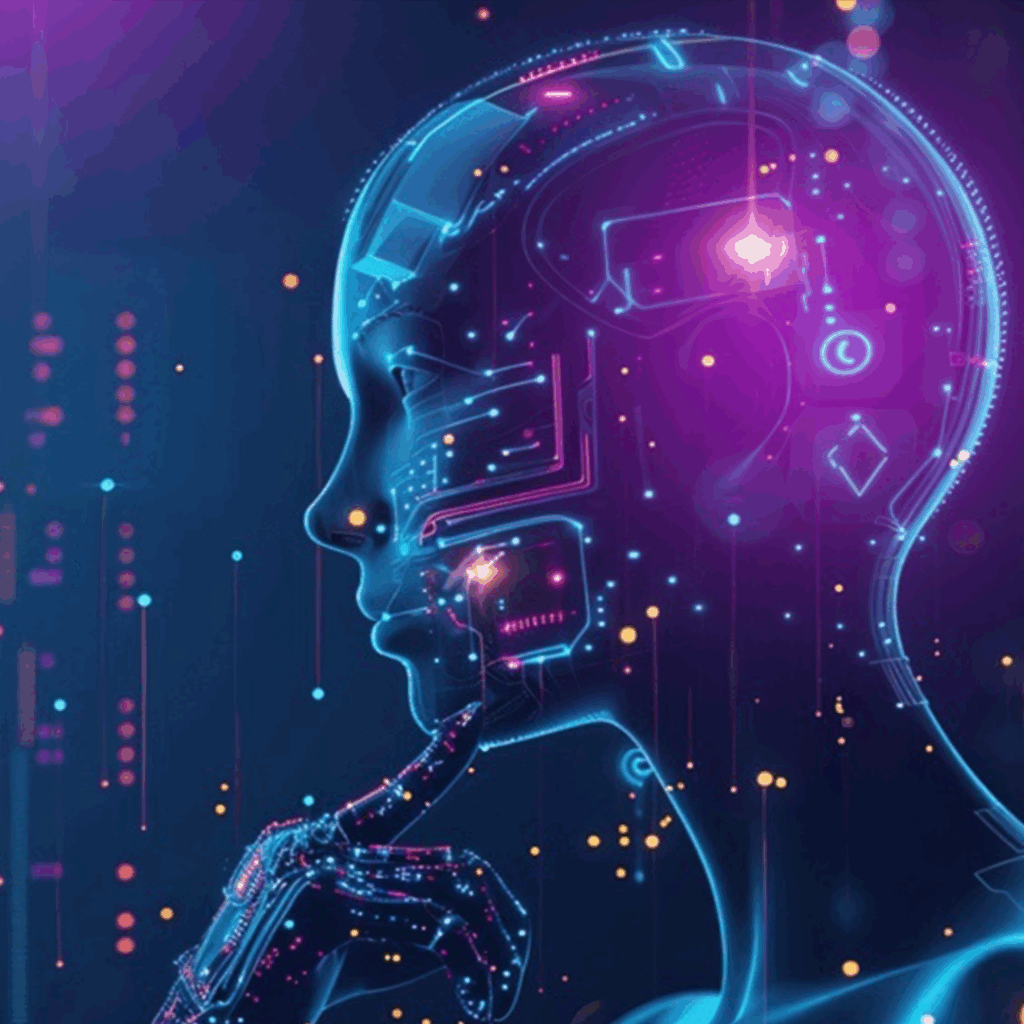
Marketing, a pivotal component of business operations, has undergone a dramatic transformation with the advent of advanced technologies. Traditionally, marketing was predominantly a public and informative exercise, utilizing billboards, TV and radio ads, and print media to reach a wide audience. However, as markets became more saturated and competitive, fuelled by technological advancements and economic growth, marketers faced the challenge of optimizing their budgets while outperforming numerous competitors.
Enter Artificial Intelligence (AI). This cutting-edge technology has revolutionized marketing strategies by enabling highly targeted advertising and promotions, thus significantly improving the efficiency of marketing campaigns. For example, AI-driven tools like predictive analytics allow for a deeper understanding of customer preferences, enhancing the precision of campaigns. Moreover, AI has profoundly impacted customer experience by streamlining Customer Relationship Management (CRM) systems, making interactions quicker and more personalized than ever before.
The Evolution of Marketing in the AI Era
As discussed in the previous parts, there has been a significant change in the marketing processes as the campaigns have become more focussed and targeted. From geographical to sectoral to personalization of marketing campaigns, the overall process has come along a long way. The role of the latest technologies such as AI in improving marketing efficiency has been nothing short of phenomenal.

Source: One IBC Group, Marketing in the AI Era, LinkedIn post
Let’s talk about segmentation and targeting and their role in marketing. In the initial phases, AI was primarily used by ecommerce-based companies for segmentation and targeting purposes. For instance, Amazon and Netflix leveraged AI to refine their recommendation engines, proving that data-driven personalization could significantly enhance user engagement and satisfaction. The experiment by these companies have provided some excellent results which has paved the way for other sector’s companies to adopt similar marketing processes based on AI.
This is why by the mid 2010s, the overall role of AI in marketing expanded further, not just in digital advertising but in customer interaction platforms. Chatbots and virtual assistants, such as Apple’s Siri and Amazon’s Alexa, utilized AI to offer more dynamic and interactive customer service experiences. This meant that the companies were able to answer recurring and repetitive queries quickly and the chances of human errors in customer services reduced. Furthermore, the wait time (which was quite considerable) for ecommerce businesses reduced drastically with the infusion of AI based CRM and customer support modules, thereby further strengthening marketing prowess of enterprises.
In the current scenario, one of the biggest advancements in marketing with the help of AI could be attributed to the usage of predictive analysis. This technology allows marketers to anticipate customer needs and future behaviours by analysing patterns in existing data. Predictive models enable more effective campaign strategies and optimize marketing spend by predicting which marketing actions are most likely to lead to a conversion.
As the ROI on per dollar spent on marketing operations keeps on improving, marketers around the world have ensured that the latest technologies, especially AI and ML have become an integral part of their marketing tools. This is the reason why a Statista report suggests that around 90% of marketers (from 35 countries surveyed) utilize the latest technologies such as AI in their marketing and promotional programs. The following diagram shows the areas where AI in marketing has been successfully utilized by the top marketers around the world:

Source: Ways in which marketers used artificial intelligence (AI) worldwide in 2021 and 2022, Statista
There are a wide range of sub-areas where marketers have successfully introduced AI, largely to improve personalized suggestions and customer support. The above graph is an indication of how the integration of AI into marketing has not only improved operational efficiencies but also revolutionized the way brands build and maintain relationships with their customers, setting a new standard for what is possible in customer engagement.
Understanding the Impact of AI on Personalization
There are multiple examples on how AI has led to a significant improvement in personalisation and therefore improving the overall impact of marketing campaigns. Here are a few most critical areas:
Using Machine Learning for Pattern Recognition
The technique used by companies here is to analyse historical data and ongoing customer interactions. By doing this, a business is able to identify patterns and preferences to tailor marketing to individual consumers. Most ecommerce companies have been doing this quite successfully and this process has led to improved levels of customer satisfaction.
Improved Product Recommendations
Amazon is one of the best examples of ecommerce companies providing product recommendations based on collaborative filtering techniques. The AI-based tools help in evaluating huge volumes of data and provide suggestions. This increases relevance and likelihood of purchases by offering tailored suggestions.
Predictive Analysis for Anticipating Customer Requirements
Based on the historical analysis of purchases, spends and other patterns, AI-based mechanisms help in forecasting customer behaviour. For instance, Online retailers sending discount offers for products viewed but not purchased, can eventually help in increasing total sales. These kinds of exercises are carried out for individual customers, thereby enhancing overall level of personalization.
Personalized Communication
Communications with existing or potential customers is improved through utilizing open rates, click-through rates, and conversion metrics. This helps in better interaction between the parties and eventually increases the chances of a positive buying decision from the customer’s part. For example, a travel agency sending personalized travel deals based on customer’s past destination interest. This helps in saving a lot of time for an interested customer.
How AI has helped in Improving Customer Experience?
The benefits of personalization, powered by AI, lead to improved customer experience. Hence, the factors such has predictive analysis and personalised recommendations are quite effective in improving overall customer experience. In addition, here are the points by which AI has helped in uplifting customer experience:
Introduction of Chatbots and Virtual Assistants
AI-powered chatbots and virtual assistants handle inquiries and resolve issues around the clock without human intervention. They learn from each interaction to improve their responses over time, making them increasingly efficient. These tools not only help in reducing work burden off the human customer support executives, but also ensure that they focus on more complex issues where human intervention is required. Any recurring or repetitive issues are easily fixed by these chatbots and assistants.
Customer Sentiment Analysis
AI tools can analyse customer feedback, reviews, and interactions on social media to gauge overall sentiment about a brand or product. This allows companies to quickly address concerns, improve products, and better meet customer needs.
Realtime Support
For a customer visiting a website, or application, for the first time might need assistance to understand different kinds of functionalities. This means that the chances of a customer getting stuck in a complex online environment can be considerably reduced.
There are other areas such as voice activated agents, predictive customer service, and automated customer segmentation where the usage of AI has helped in improved overall customer experience. In a few areas, the technology is still in its infancy stage and in the future, its relevance is only going to increase.
Summing up the role of AI in personalization and customer experience
AI has helped in transforming almost all business processes and marketing is one of them. Artificial Intelligence has not only reshaped the marketing landscape by enhancing personalization and efficiency but also set a new benchmark in customer engagement and satisfaction. The technology is still in its infancy stage and with further improvements (along with addressing ethical considerations), the overall relevance of AI in marketing shall only increase. This will be a wonderful opportunity for the marketing planners to come up with innovative and better campaigns. The potential of AI to predict, personalize, and streamline marketing efforts signifies a monumental shift towards more customer-centric strategies.
At DMP, we continuously push the boundaries of our work, exploring innovative approaches to crafting impactful campaigns. Recently, for the launch of a new product for one of our banking clients, we embraced AI technology. By leveraging AI, we created numerous audience cohorts in real-time, meticulously segmenting based on demographics and income levels. Tailoring our communication to each segment, we effectively encouraged spending while promoting savings. This strategic approach resulted in a remarkable 25% reduction in acquisition costs for our client.



















